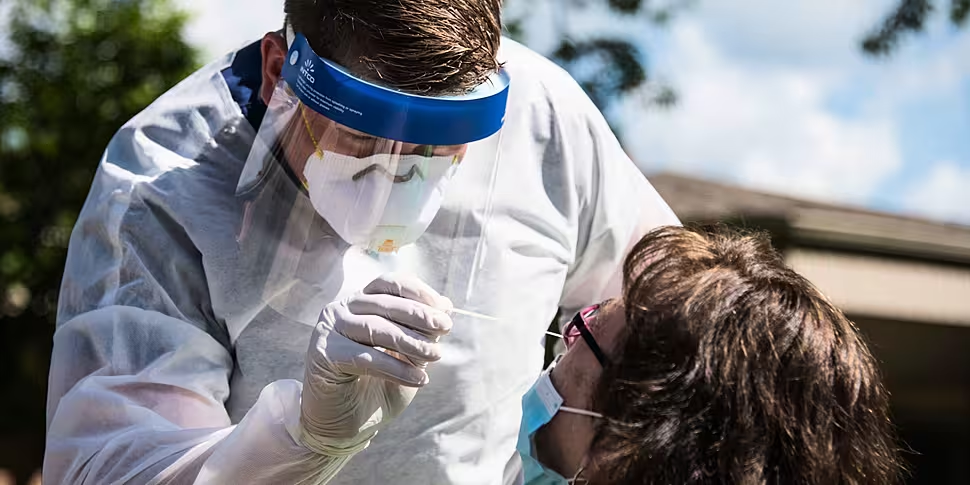All international travellers, including those from Britain, arriving into Ireland will need to show proof of a negative antigen or PCR test from today.
The rules apply to anyone over the age of 12 arriving at an Irish ferry or airport and the test must be carried out professionally. Antigen tests must have been administered 48 hours before arrival, whilst the result of a PCR test must be no less than 72 hours old.
Travellers do not have to quarantine - unless they have visited Botswana, Eswatini, Lesotho, Mozambique, Namibia, South Africa or Zimbabwe within the past 14 days.
⚠️Inbound passengers to Ireland are now required to show a negative test for COVID-19.
⚠️Passengers travelling from some designated States must also home quarantine on arrival.
⚠️Before you travel, check below for a full list of rules & exemptions⬇️
https://t.co/tGq3Znm54q— Irish Foreign Ministry (@dfatirl) December 5, 2021
Omicron
The rules were brought in after the detection of the new Omicron variant in South Africa.
One case of Omicron has been confirmed in Ireland so far and, although the World Health Organisation says most people infected by the variant have only mild symptoms, officials in Ireland have decided to “assume the worst”.
Earlier in the week Chief Medical Officer Dr Tony Holohan said:
“I suspect as the days and the weeks go by, our level of knowledge of this will increase substantially.
“For now, there is quite a bit of uncertainty surrounding all of this and the right thing, from our point of view, is to assume the worst in terms of taking a precautionary approach to the decisions we make around this variant.”
The European Consumer Centre says the new rules have seen many Irish people rush to cancel their flights and Dr. Cyril Sullivan of the organisation said it is worth contacting an airline beforehand:
“Where a consumer or air passenger decides not to take a flight because they’re concerned about COVID-19 or due to Government restrictions, unfortunately they may not be able to recover their money if the flight has not been cancelled by the airline or if it has not been booked as part of a package holiday.
“So we suggest that consumers should still contact the airline because some airlines are still providing options such as vouchers, credit notes and the possibility to rebook the flight.”
Main image: A medic from the Indiana National Guard conducts testing for COVID-19. Picture by: Indiana Air National Guard Staff Sgt. Justin Andras.









